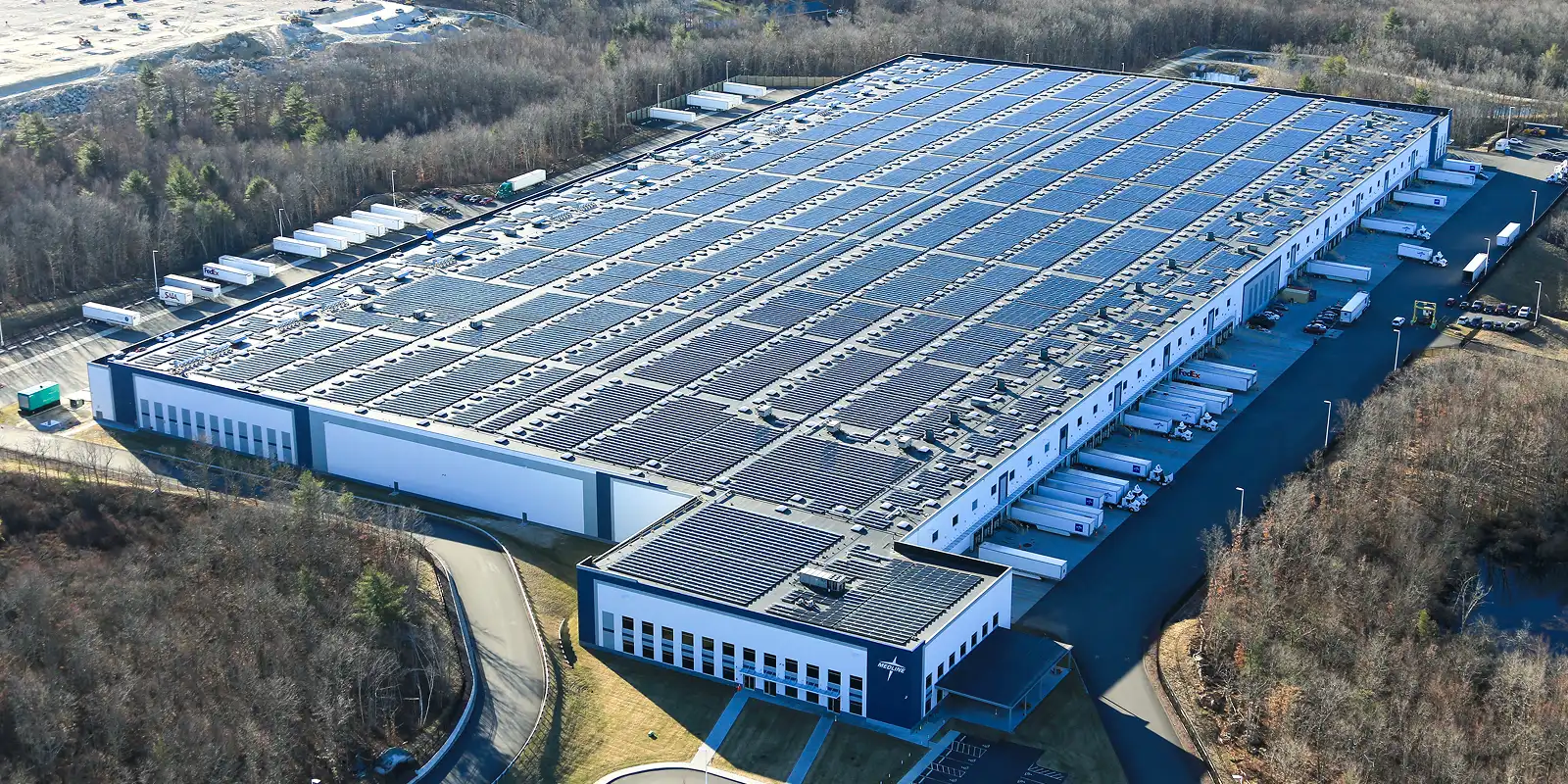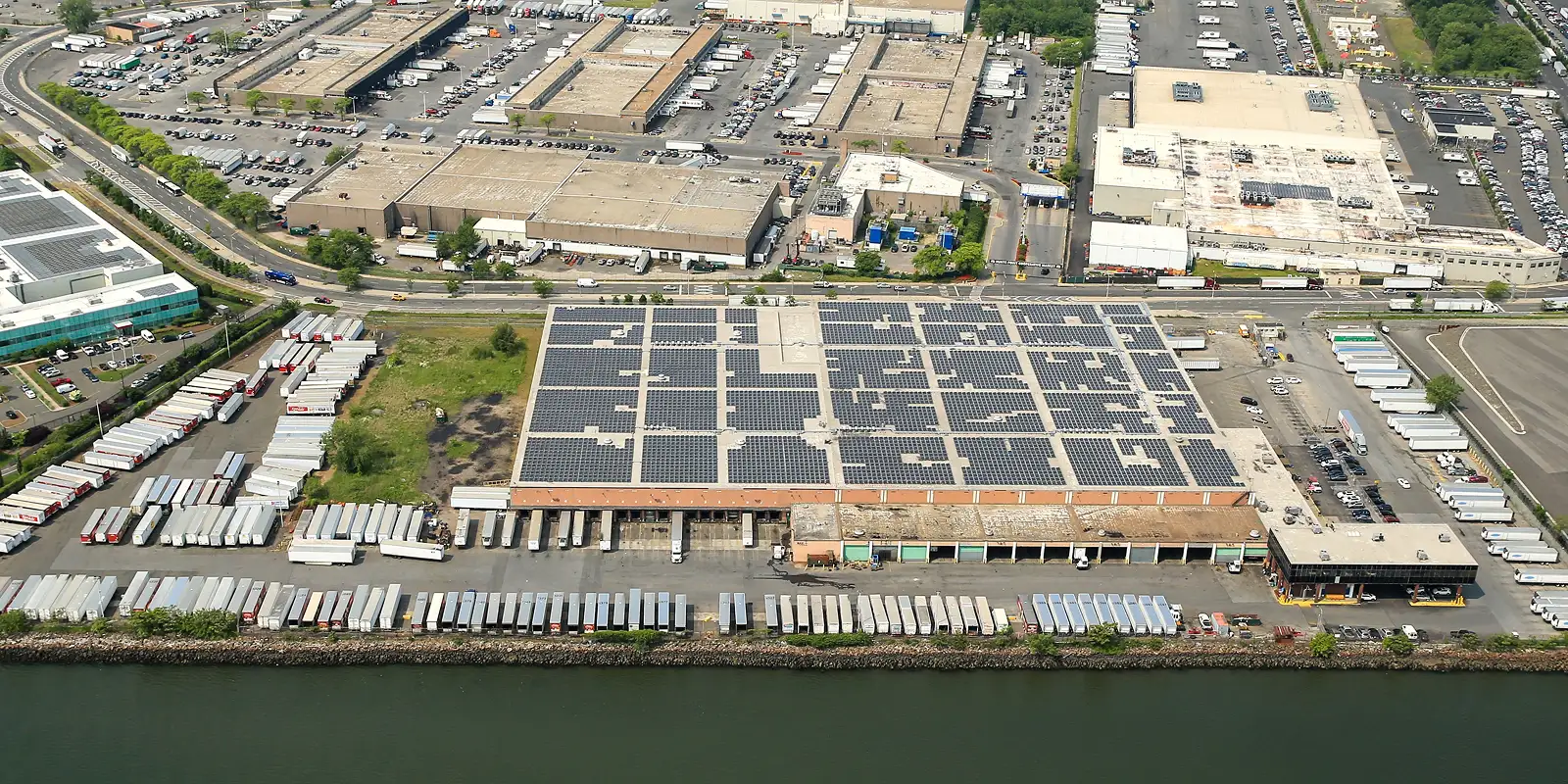Solar Project Portfolio Assessments – All you Need to Know for “Going Solar”

For companies with large and geographically diverse real estate holdings, a properly executed Solar Portfolio Assessment provides a comprehensive analysis of the project-level solar feasibility across each individual facility. When solar project economics are favorable, companies can capitalize in several different ways, such as entering into long-term low-cost solar electricity purchase agreements, or by owning solar systems directly and earning attractive ROI.For better or worse, the underlying economics of individual solar projects in the U.S. varies dramatically depending on the location of the potential project site. A major trap that we see a lot of companies fall into is the assumption that solar project economics can be readily compared across geographies. We meet a lot of business managers who tell us, “we looked at solar, and just couldn’t get it to pencil”. And while it is true that solar project economics are not yet economic in many states, they are quite compelling in other states. It is all but impossible to make broad generalizations about solar project economics, and this explains why a detailed and comprehensive portfolio analysis is so important when assessing solar across broad geographies.A well-developed Solar Project Portfolio Assessment will incorporate the relevant site-specific information for all possible project location candidates, such as the facility size, available roof, parking and/or land areas, the onsite electricity load profile, and other relevant characteristics. Once the physical viability (or lack thereof) has been determined, the Assessment should then determine the potential economic viability.The key variables that drive project economics include the local environmental conditions (i.e. solar resources and temperature ranges), the retail cost of electricity, the availability of state/local solar incentives, and the all-in cost of the proposed system installation. It is important to note that the economic viability is a dynamic analysis that frequently changes over time (and often quite quickly) due to factors such as new incentive programs being launched or dramatic swings in the underlying retail cost of electricity,When done correctly, a Solar Project Portfolio Assessment allows large businesses to confidently make fact-based decisions concerning the economic feasibility of incorporating solar energy into their energy procurement plan.



